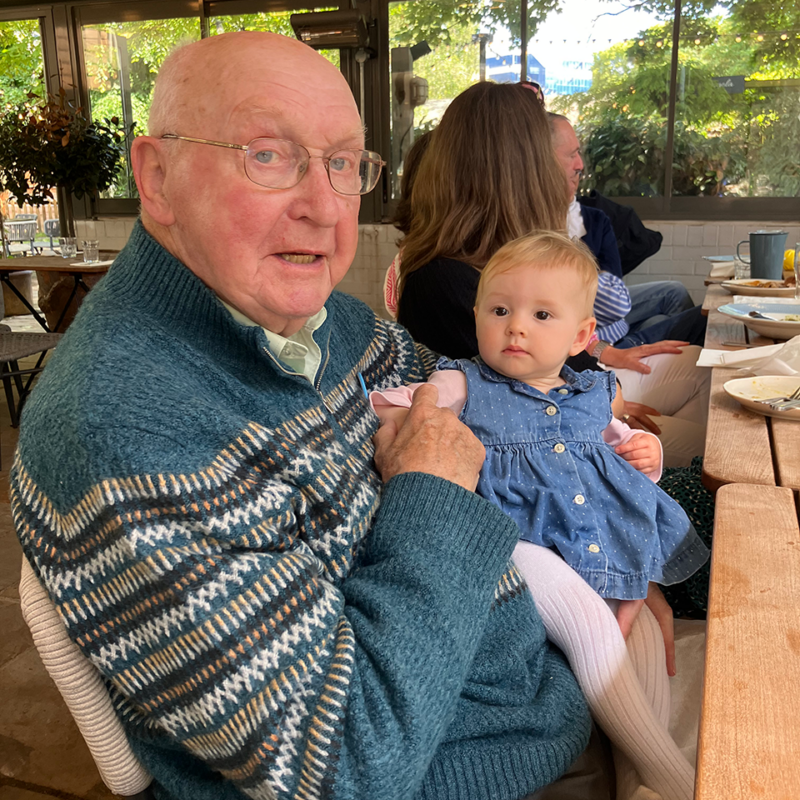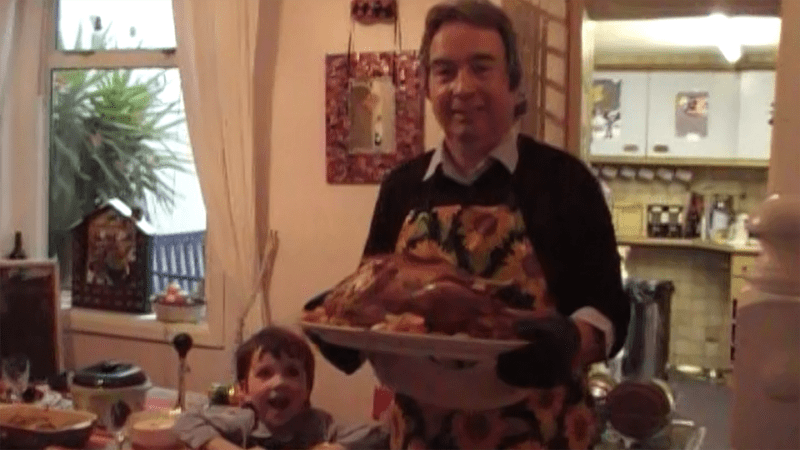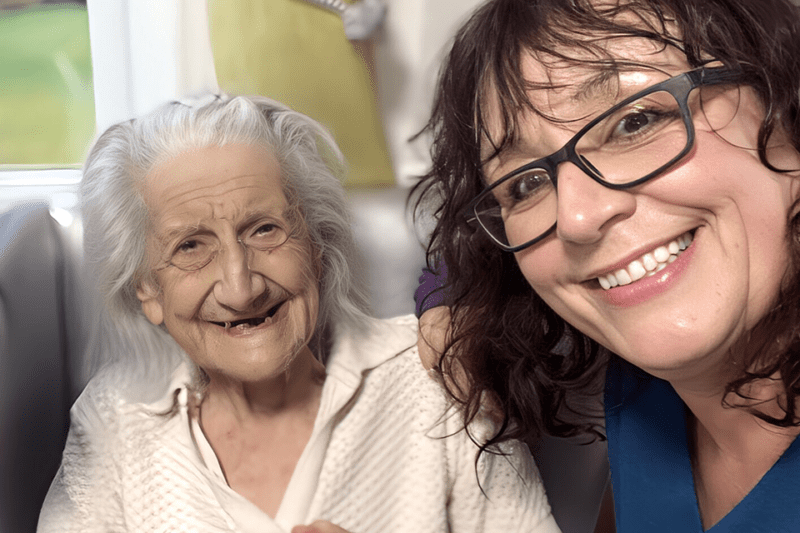
Caring for Dad, from near and afar – Simon’s story
Simon, who has lived in New Zealand for two decades, discusses how he cares for his dad who has Alzheimer’s disease and lives alone in the UK.
Coping with a stoma can be difficult, and if the person has dementia, there may be additional challenges.
This information has been produced with Colostomy UK.
It is not always possible for a person with dementia to care for their own stoma, but it’s a good idea to encourage them to do as much as they safely can.
You are likely to be the best judge of how well the person you care for can look after their stoma.
These tips may help:
It’s best to change a stoma bag when it’s about three-quarters full. It is usually carried out in the bathroom.
It is easiest if the person is standing, as changing the bag while sitting can make it difficult to achieve a good seal between the skin and the bag.
If it is difficult for the person to stand, an alternative might be for them to lie flat on a bed.
You will need:
The used stoma bag should be sealed inside a disposal bag (provided free by suppliers).
In some areas, a clinical waste collection service is available – contact the rubbish and recycling department of your local council for more details.
Otherwise, the used bag may be wrapped up well and put in the dustbin. Some people prefer to empty the bag into the toilet first.
If the person lives in a care home, bags can be disposed of with other clinical waste.
If the person with dementia fiddles with their bag or tries to remove it, these tips may help:
The bowel plays an important role in the absorption of medication, so if the person has had a portion of their bowel removed in stoma surgery, this might affect how well any medicines work.
You should discuss this with the person’s healthcare professional (eg their surgeon or stoma care nurse) before and after the surgery, and if there are any changes to their medication.
If you have any questions or concerns about stoma care for a person with dementia, or any other aspect of dementia, please call our free Dementia Helpline on 0800 888 6678 (Monday-Friday 9am-9pm, Saturday and Sunday 9am-5pm, every day except 25th December), email helpline@dementiauk.org or you can pre-book a phone or video call with a specialist dementia nurse.
Our virtual clinics give you the chance to discuss any questions or concerns with a dementia specialist Admiral Nurse by phone or video call, at a time that suits you.

Simon, who has lived in New Zealand for two decades, discusses how he cares for his dad who has Alzheimer’s disease and lives alone in the UK.

Janet shares her experience caring for husband Ben and how they maintained the joy of Christmas after his diagnosis.

Shara reflects on her journey caring for Anna, her mother, who was diagnosed with vascular dementia in 2016.